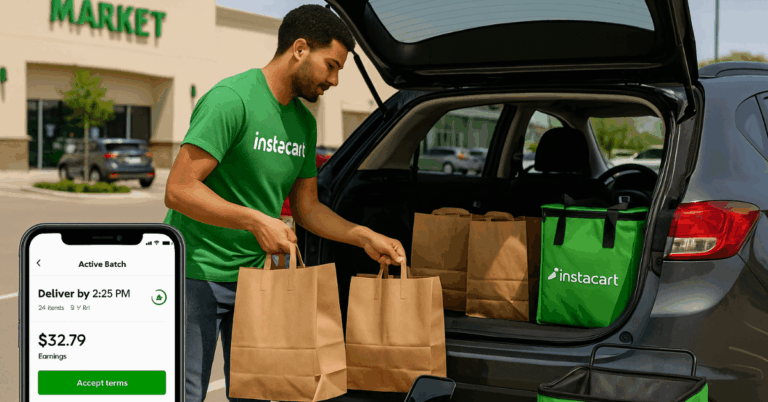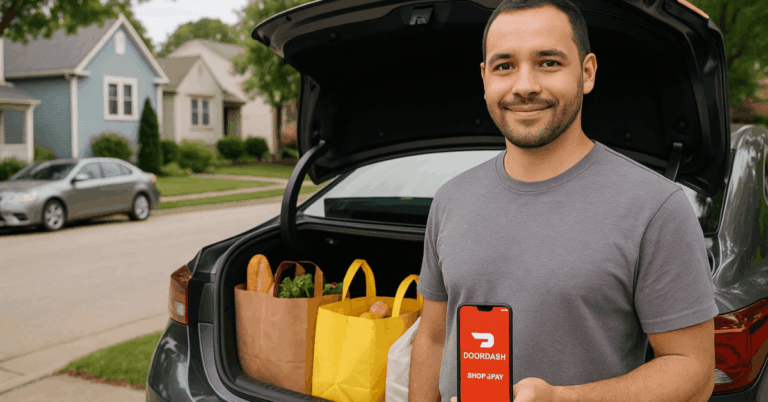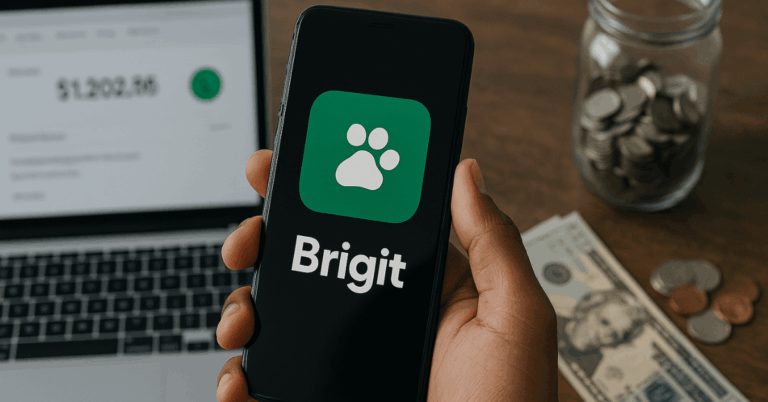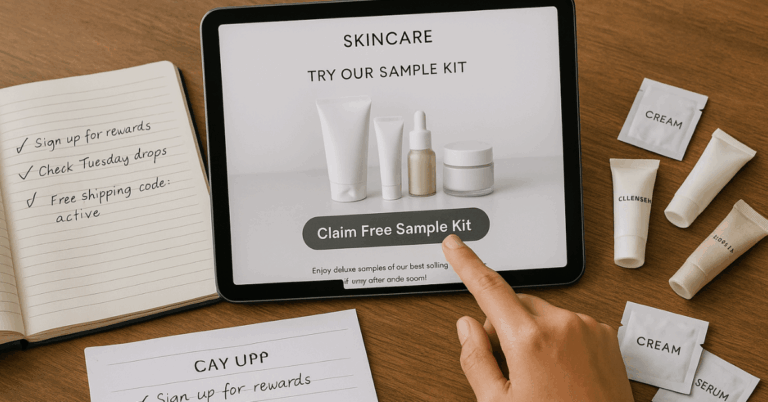Access to food remains a pressing concern in many regions, and targeted support is critical for communities facing instability or poverty. In recent years, food benefit programs from Francophone Africa have become a vital lifeline for families in need.
These programs are designed to provide nutritional support, reduce hunger, and stabilize vulnerable populations. They are managed through national systems and supported by international partnerships to ensure equitable distribution.
This article explains what food assistance programs are in Francophone Africa, outlines their benefits, explains the eligibility requirements, and guides you through the application process to access these essential services.
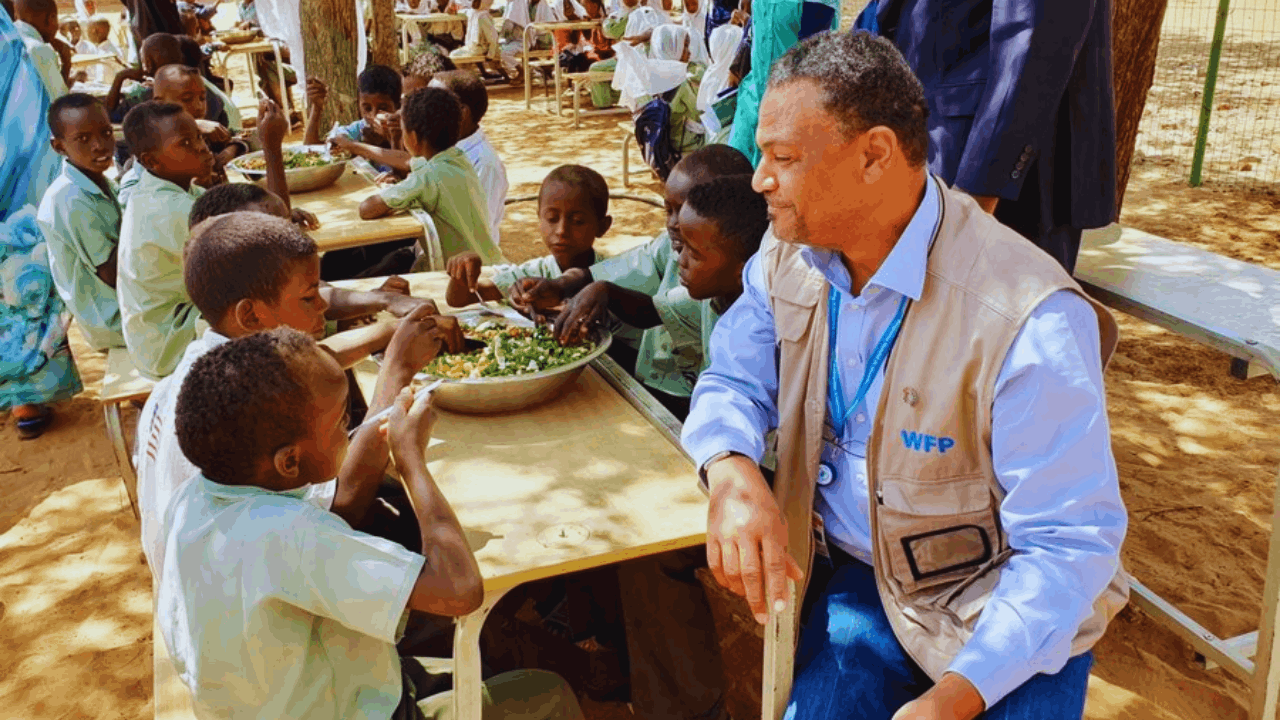
Understanding Food Benefit Programs in Francophone Africa
Food assistance programs in Francophone African countries are structured to help low-income individuals and families maintain access to essential nutrition.
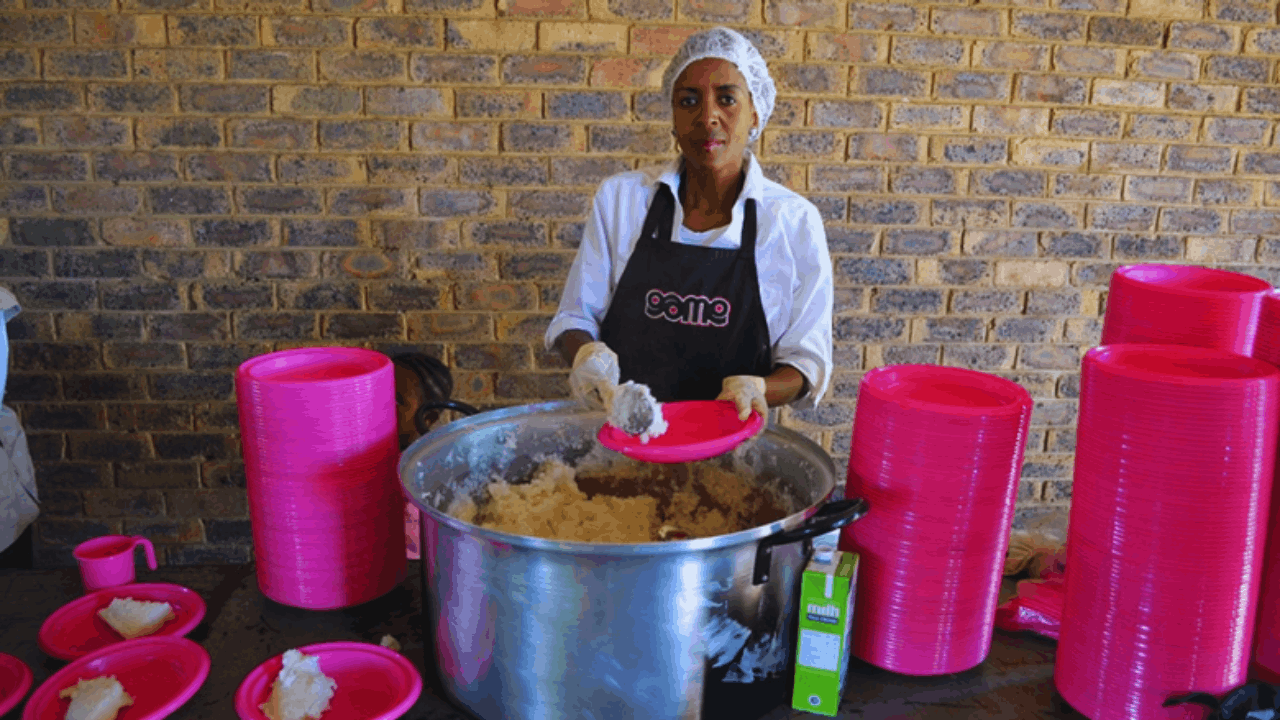
These systems may be operated by government agencies, humanitarian partners, or a combination of both. The goal is to address food insecurity while supporting public health and local economies.
The services often vary between urban and rural regions depending on supply chains and infrastructure. Still, most programs follow common frameworks aimed at reaching the most vulnerable.
How These Programs Support Communities
These initiatives provide more than just food. They help stabilize households during crises, reduce child malnutrition, and improve school attendance by ensuring students are properly nourished.
In some areas, food vouchers or electronic benefits are provided instead of physical deliveries, giving families flexibility to choose culturally appropriate food.
Programs may also include nutrition education, maternal health support, or emergency rations during periods of drought or displacement. This integrated approach strengthens long-term food security and community resilience.
The Benefits of Participating in Food Assistance Programs
Joining a food aid program goes beyond daily survival. These systems create pathways toward greater economic stability and health improvements for underserved populations.
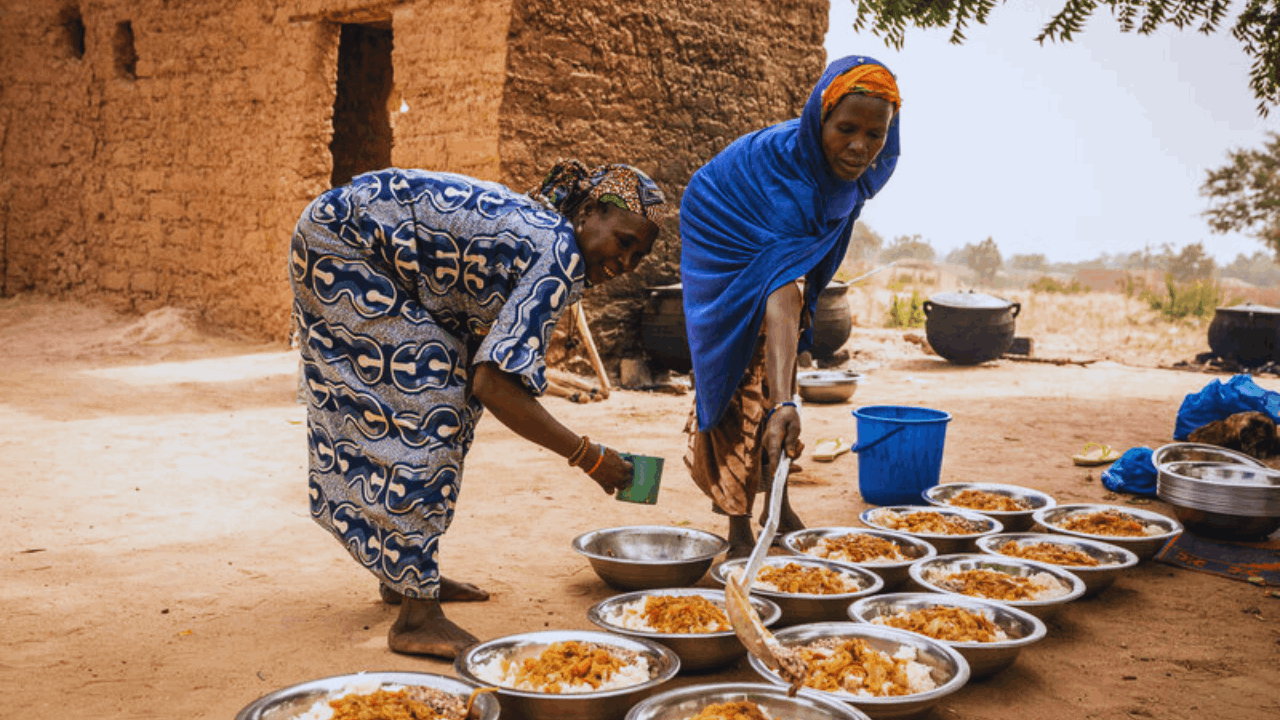
Participants often see positive changes in both their physical well-being and financial independence.
Why These Programs Improve Daily Life
One major benefit is reduced hunger and better diet quality among participants. This leads to stronger immune systems, better energy levels, and improved child development.
Families that receive food support can redirect limited income to other essential needs like housing or school fees. In regions where food prices fluctuate due to climate or conflict, consistent access to support ensures meals are not skipped.
Over time, these programs also reduce dependence by introducing small-scale farming or skill-building initiatives to promote self-reliance.
Eligibility Criteria for Food Benefit Programs in Francophone Africa
Before applying, it’s important to understand who qualifies for assistance.
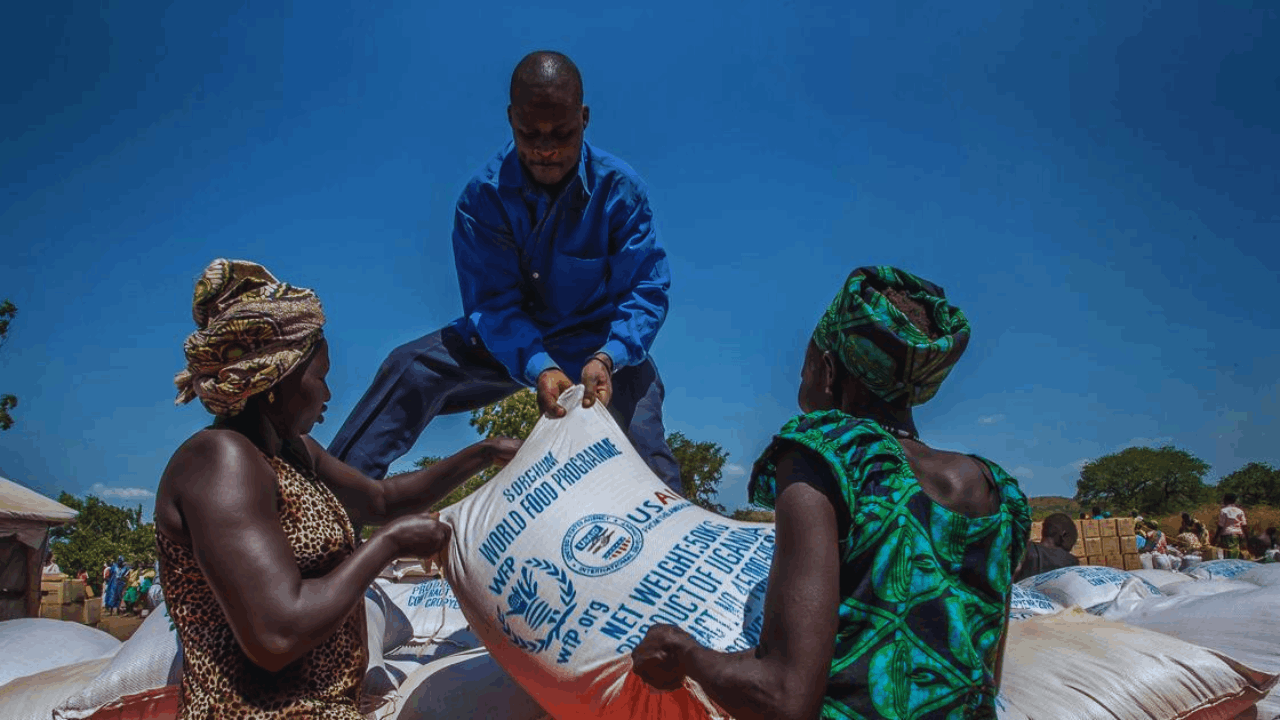
Each program sets its own rules, but most use income, family size, and social vulnerability to determine eligibility.
Criteria may also vary based on whether the support is universal or targeted toward specific groups.
What Factors Influence Approval
Applicants must usually provide details about household size, monthly income, health status, and employment situation. Single mothers, elderly individuals, or families with disabled members are often prioritized due to higher levels of need.
Rural populations may qualify automatically if they live in areas recognized as food insecure by local authorities. In some cases, children must be enrolled in school to receive benefits such as daily meals or supplements.
Documentation may include residency cards, birth certificates, or letters from community leaders.
How to Apply for Food Benefit Programs from Francophone Africa
Once you understand the requirements, the next step is to gather the correct documents and apply through the appropriate channel.
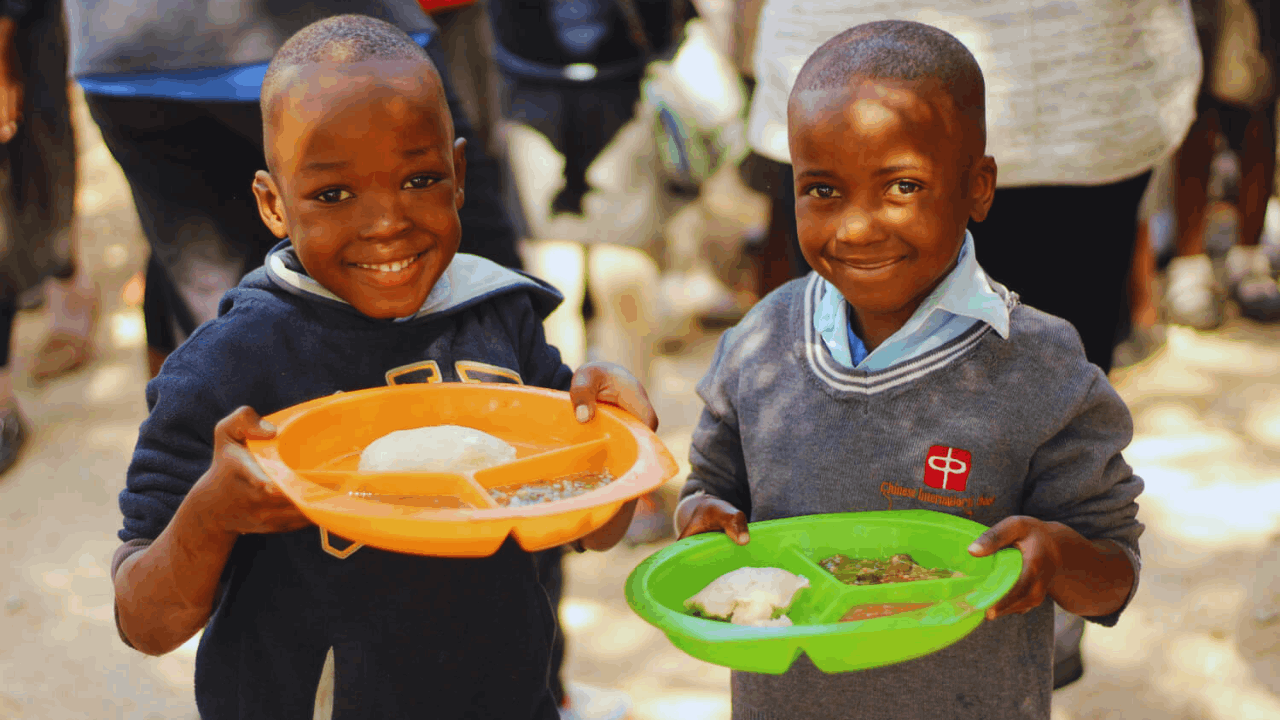
Each country has its own registration system, either online, in person, or through mobile platforms designed to reach remote populations.
Following the right process ensures your request is handled quickly and correctly.
Steps to Start the Application Process
To begin, contact your local community development office or social protection unit. These agencies will inform you whether applications are open and what documents are needed.
If digital applications are accepted, you’ll receive a unique login or SMS-based form that tracks your status. Some programs also require interviews or home visits to verify your situation.
Once submitted, you’ll receive a confirmation and further instructions on benefit delivery, which may include scheduled pickups, mobile money transfers, or food card activations.
How Long Does It Take to Get Approved
Processing times vary depending on the country and type of support being offered. In emergency programs, approval can happen within days, especially after a natural disaster or displacement.
Regular assistance systems may take weeks as officials review applications and prioritize high-need cases.
During this time, stay reachable and respond to follow-up requests for information. Once approved, benefits usually begin at the start of the next distribution cycle.
Country Examples of Food Assistance Programs in Action
Different Francophone African nations operate unique programs based on their population needs and economic resources.
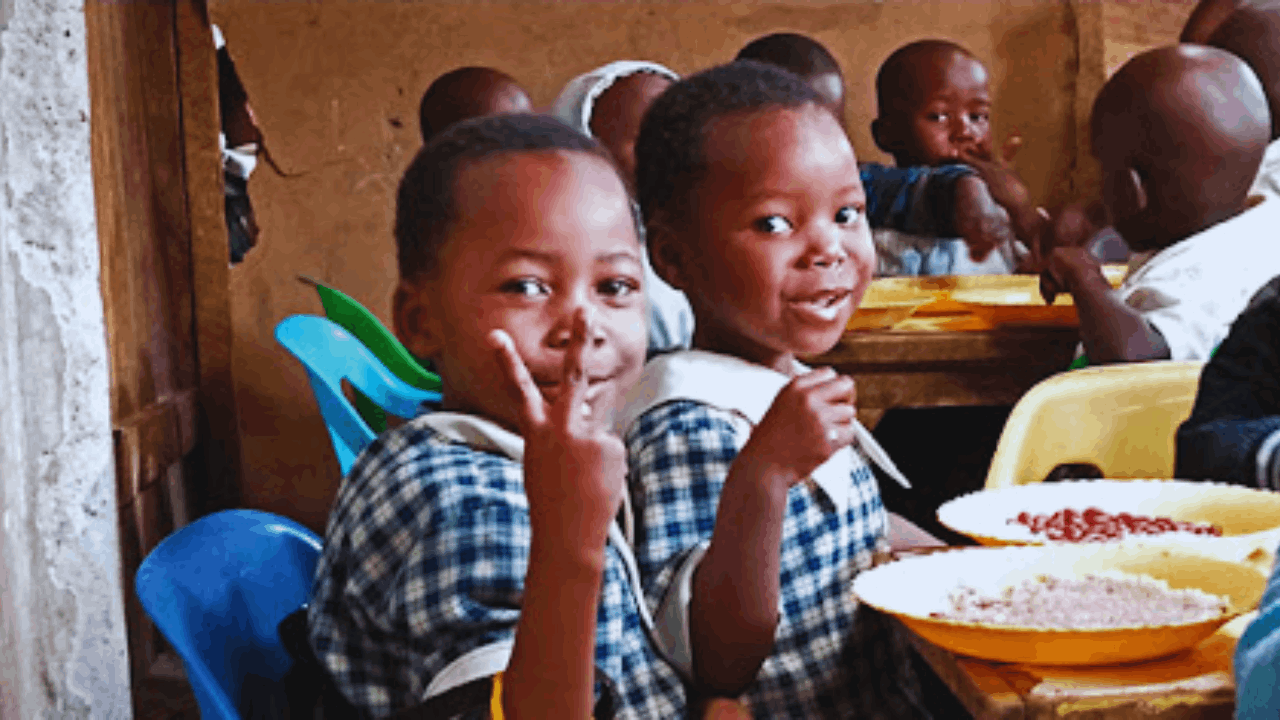
Understanding how these programs work on the ground can help new applicants feel more confident about navigating their own systems. Here are a few examples from countries leading regional food aid efforts.
Senegal’s National Family Security Grants
In Senegal, the government runs the National Family Security Grant Program, which provides monthly stipends and food supplements to low-income households.
Beneficiaries are selected through community assessments and digital registration tools. The program prioritizes children under five, pregnant women, and rural families in areas affected by drought.
Through this program, local markets benefit as households receive vouchers redeemable at approved vendors. It’s a strong example of blending social assistance with market stimulation.
Burkina Faso’s School-Based Feeding System
Burkina Faso operates a large-scale school feeding initiative supported by international partners. It ensures students in public schools receive daily meals, helping to reduce dropouts and improve academic performance.
The food is sourced locally whenever possible to support farmers and reduce transportation costs.
Parents are often involved in meal preparation, which builds community engagement. This type of program targets both nutritional and educational goals simultaneously.
Côte d’Ivoire’s Urban Food Voucher Program
Côte d’Ivoire has introduced an urban voucher system for low-income families living in densely populated zones.
Approved households receive digital codes to spend at select stores on approved food items. Eligibility is based on income, household status, and location within designated urban districts.
The system minimizes logistical challenges while giving families more freedom in choosing what they need. It also supports small businesses participating as official vendors.
Common Challenges and How to Overcome Them
Applying for and receiving food support may sometimes come with barriers.
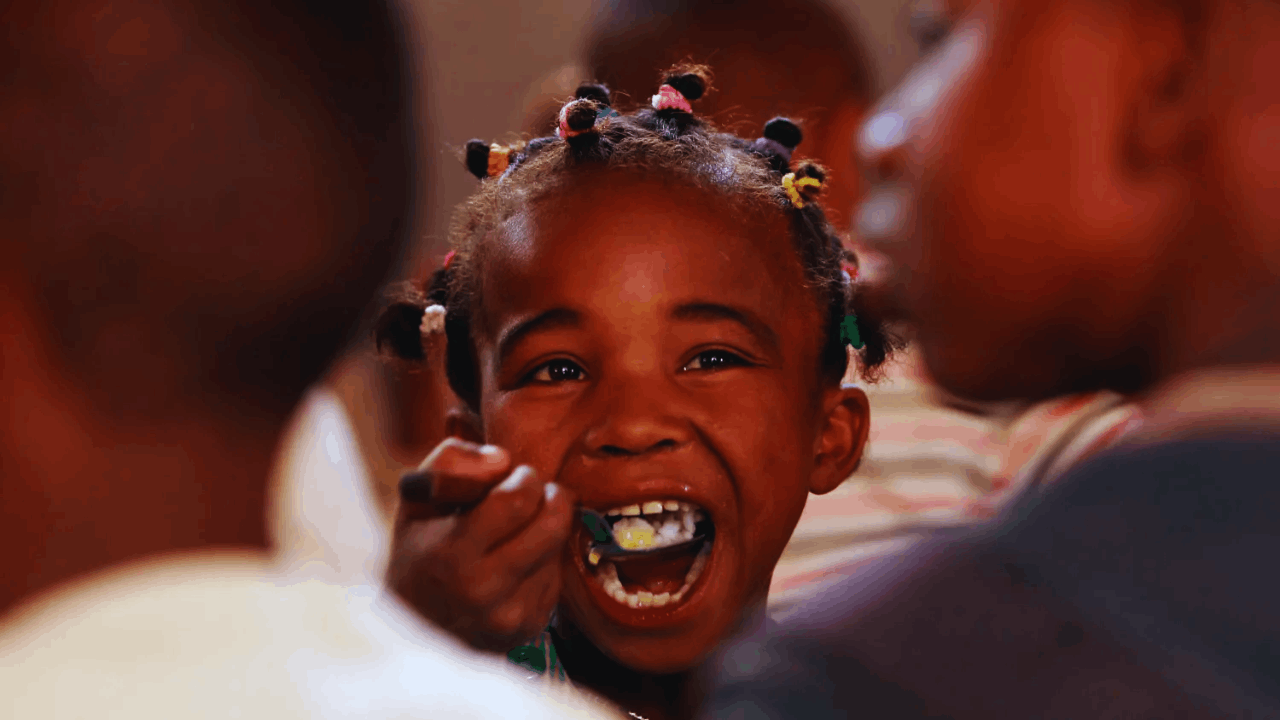
These challenges can delay access or create confusion, especially for first-time applicants.
Knowing how to deal with them can improve your experience and ensure your application is not rejected.
Dealing With Missing Documents or Network Delays
In rural areas, poor internet or limited government staff can slow down processing. If you lack documentation like ID cards or proof of residence, visit a local community leader or school director who can issue supporting letters.
Be persistent in following up, but also patient with overloaded systems during crisis periods.
Joining local WhatsApp groups or community outreach meetings can help you stay informed. Ask questions if anything is unclear, and always keep copies of everything you submit.
Staying Eligible Over Time
Most programs require periodic updates to confirm your status hasn’t changed. Be prepared to show new documents if your family grows, if your income changes, or if you move to a different district.
Missing a verification date could result in your benefits being paused or stopped. Keep reminders for review periods and communicate changes quickly to avoid problems.
This shows your willingness to follow the rules and stay enrolled in the program long-term.
Conclusion
If you live in a qualifying area and meet the conditions, applying for food benefit programs from Francophone Africa can significantly improve your household’s well-being. These programs are more than just short-term solutions.
They are structured to help families maintain dignity, meet basic needs, and build resilience against future shocks. By understanding the eligibility criteria and following the proper steps, you increase your chances of receiving timely assistance.
